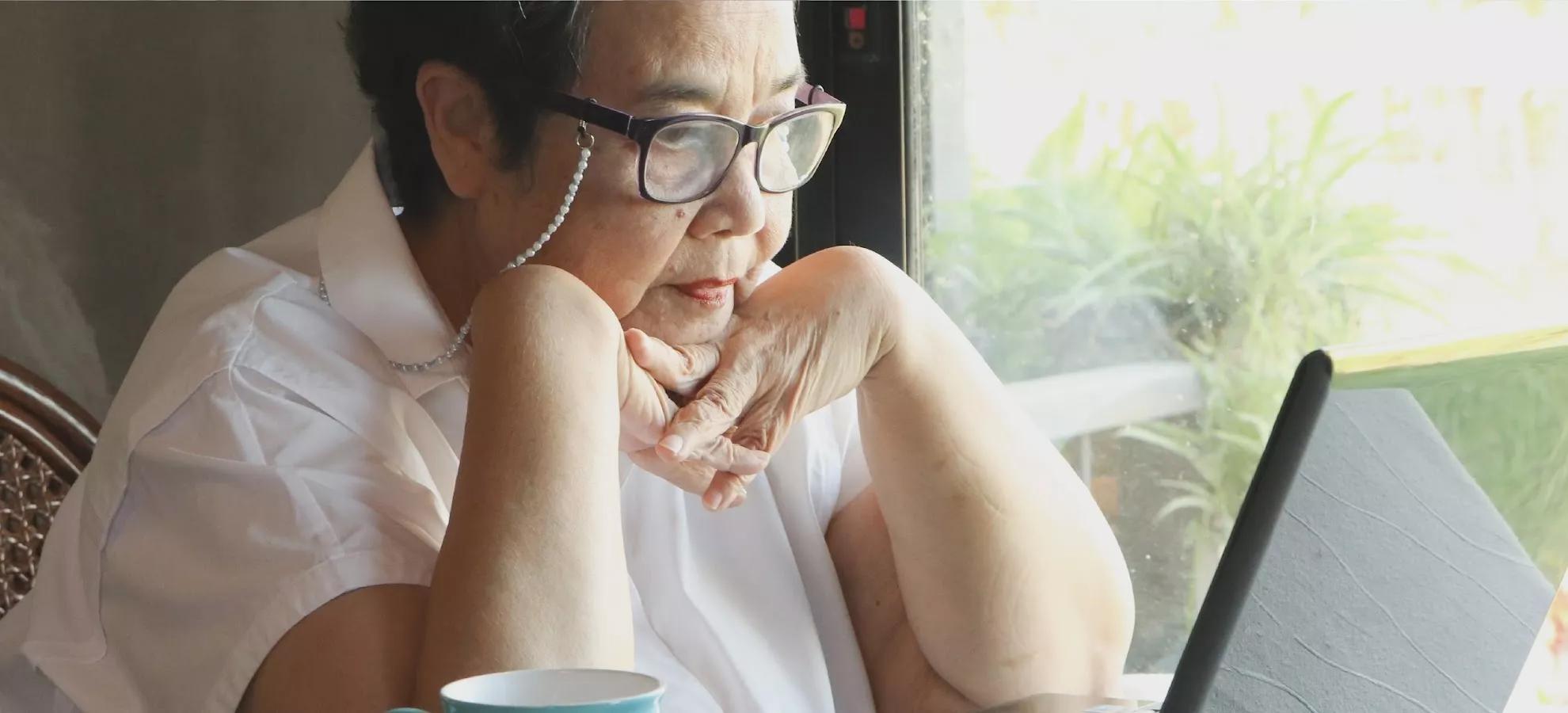Returning heart health data to Health Study participants
Returning heart health data to Health Study participants
The human heart will beat 2.5 billion times within an average lifetime. This hard-working organ is critical to overall health, and is an important part of Project Baseline’s human health map. Within the Project Baseline Health Study, participants take part in assessments that measure heart health year-over-year, helping researchers understand how cardiovascular health may evolve over time across diverse groups.
Beyond improving the understanding of health, part of the Health Study’s mission is to understand how to provide study results directly to participants over time. Researchers, patient advocates, and teams focused on the participant experience work together to shape Project Baseline results to ensure that they’re meaningful, engaging, and ethical.
"Some of the data we're interested in for investigational purposes isn’t always tied to a clinical outcome that a personal healthcare provider would track. Researchers also don't have the benefit of deep context on individual participants' health. This means that we have a responsibility to return results thoughtfully and responsibly, with an eye to providing data that may be useful to a participant and their care team."
Earlier this year, Health Study participants received a report of results related to heart health. Heart Health reports consist of key measurements that have been associated with clinical outcomes, including heart rate, pulse, blood pressure, and the atherosclerotic cardiovascular disease (ASCVD) risk score.
"Given heart disease is the number one cause of death, we need to help people understand their risk of a heart attack or stroke over the next 10 years if they haven't had one before," said Dr. Adrian Hernandez, MD, MHS, Vice Dean of Duke University School of Medicine and a principal investigator for the Health Study. “ASCVD risk score is calculated by combining multiple risk factors into a score assessing heart attack or stroke disease risk. This score includes age, sex, blood pressure,cholesterol, diabetes and smoking history, and use of blood pressure medicines. Though it’s not a data point most people would typically have access to in a primary care setting, we were able to use data provided to Project Baseline to return this score to participants.”
The reports include detailed information to help participants interpret their results, including a comparison of their data to similar individuals based on national averages. Due to the longitudinal nature of the study, Project Baseline was also able to give Health Study participants visibility into how heart health measurements may have changed over time. Each module of the report also contained context on why the data is interesting from a research perspective, how it impacts health, and advised them to discuss their results with their primary care provider.
Over the course of their four-year journey, Health Study participants are making powerful contributions toward a new understanding of health and disease. If you’re part of the Health Study, remember to check out your report under the reports tab of the Project Baseline mobile app.
Project Baseline sincerely thanks Health Study participants for their contributions so far, and we look forward to returning even more information as the study continues!
